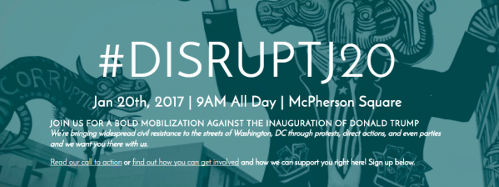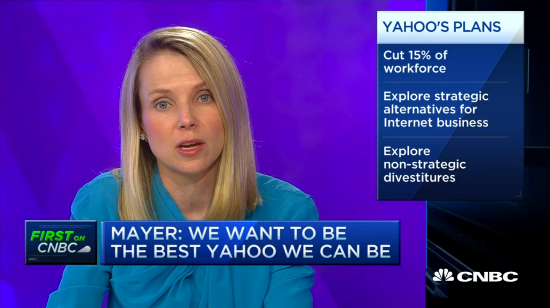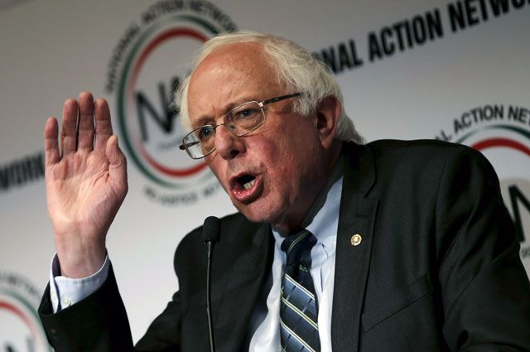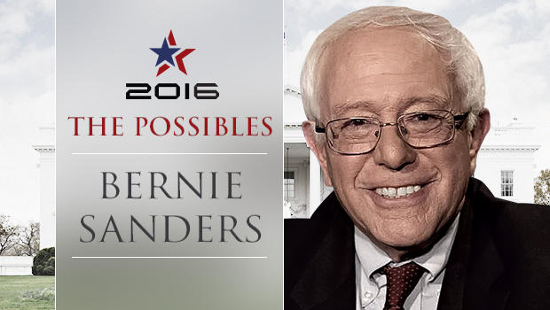Truth can be stranger than fiction…or at least more surprising. Apple Computer is the current champion of privacy against U.S. government attempts to expand its spying on us. The company, a frequent NSA and FBI collaborator in the past, finds itself in the strange position of confronting a federal court order to dislodge its iPhone security system, an action Apple insists will cripple encryption as a privacy-protection measure.
Last week, federal judge Sheri Pym ordered Apple to help the government de-crypt data on the iPhone of Syed Farook. Farook and his wife, Tashfeen Malik, shot up a government employees’ Christmas Party last year in San Bernardino, California killing 14 people and injuring many more. The couple are suspected Islamist terrorists and the government wants to know about Farook’s calls and text messages.
Apple’s CEO Tim Cook says that complying with the order would deeply damage all encryption on the iPhone and Apple has appealed it. The government counters that it’s doing no such thing: the order it insists is for one phone and Apple can easily help de-crypt the phone without affecting everyone else’s.
 Apple CEO Tim Cook: Taking the Right Stand
Apple CEO Tim Cook: Taking the Right Stand
The case has drawn enormous attention. Apple is…well…Apple and what it does is big news even before it does it. Encryption has become a major issue after whistle-blower revelations about how the government, particularly the National Security Agency, vacuums massive information from people in this and other countries every second of the day. There has been a predictable flurry of speculation about how the government might get that info without Apple’s help and the analysis about the potential impact has been voluminous, ranging from accepting Apple’s argument to calling it absurd.
In the roar, however, some truth is being drowned out. On the one hand, with ever increasing consciousness about privacy and security, Apple may be acting not out of commitment to privacy but because taking the stand may be good for business. It’s not clear how long it will resist. On the other hand, the government’s “only one case” argument is an outrageous and cynical lie. If Apple complies with the court order, the use of encryption on cell-phones will suffer profound and lasting damage.
That, many believe, is the real reason why the government wants Apple’s cooperation. “The government’s goal in this case has little to do with unlocking a single iPhone,” wrote surveillance expert Joshua Kopstein, “and everything to do with establishing a legal precedent that guarantees them the ability to achieve this access on any device.”
To put it mildly, there is a lot at stake.










